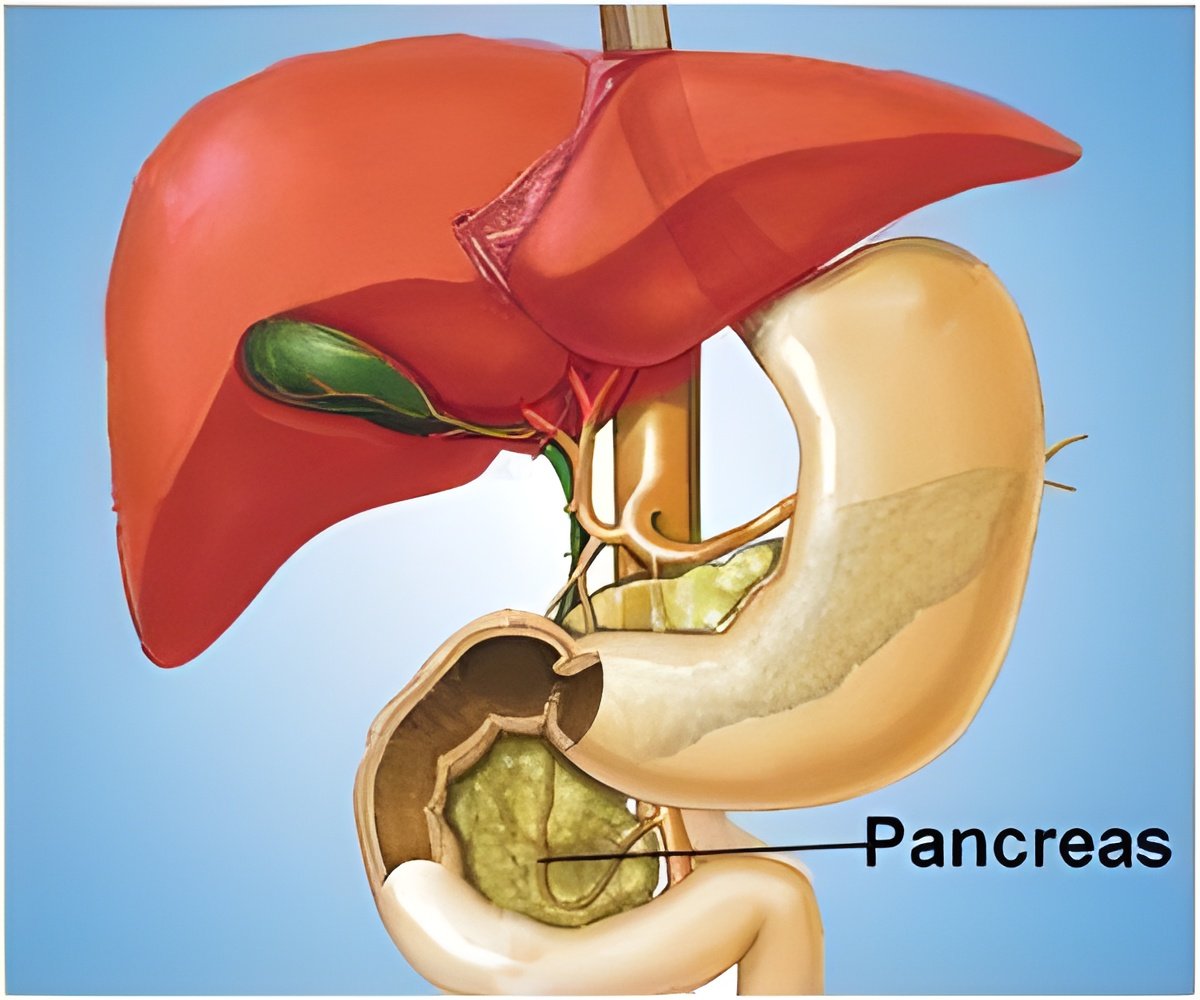A gene that inhibits the spread of pancreatic cancer tumours has been discovered by scientists. This key finding paves way for targeted treatment of one of the deadliest forms of the disease.

"We looked in human tumour specimens and we found that it was missing in a fraction of patients -- the patients that did very poorly ... the people who died the fastest," researcher David Tuveson told AFP.
"Patients that had a low level of the gene expressed ... they died very quickly after their operation and the patients who at the end of their life had lots of metastasis (spreading of the cancer), they had also a very low level of this protein."
The existence of the gene, which is found in all of our cells but goes missing in some tumours, was known before but not its role as a cancer suppressor, said Tuveson.
Three other pancreatic tumour suppressor genes are known to exist, but this is the one whose absence "probably causes metastasis -- that is what kills people with pancreas cancer," said the scientist.
The discovery means that "we can wake up the gene by using drugs" known as epigenetic modulators, he added.
Advertisement
Tuveson said these kinds of drugs have already been developed, "but people haven't figured out where exactly they would be useful.
Advertisement
Pancreatic cancer kills about 96 percent of its victims within five years of diagnosis, one of the lowest cancer survival rates.
Early diagnosis is difficult, so the disease is often discovered only after it has already spread.
Source-AFP















